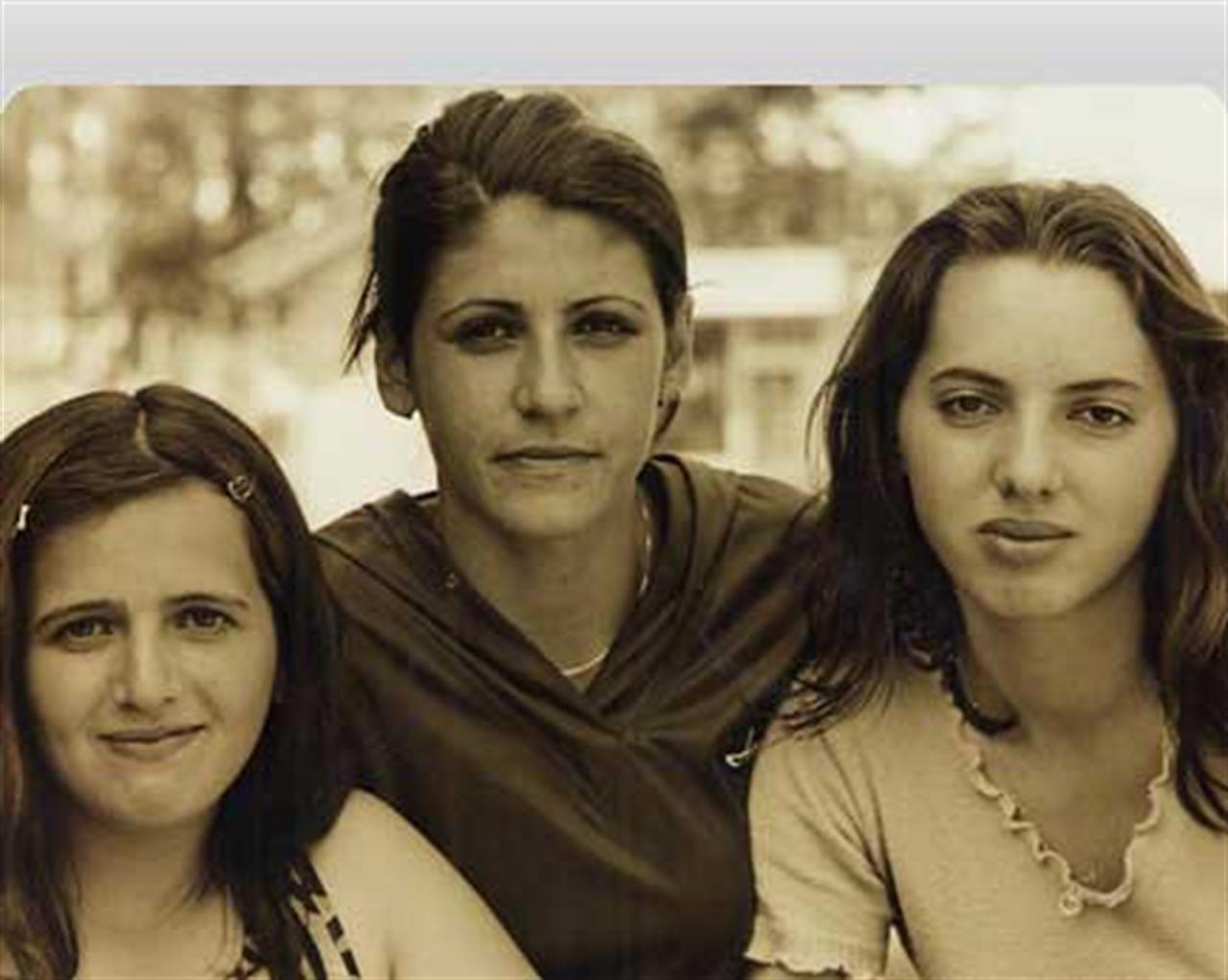Non profit
A slow process for women’s rights
Interview with Ardita Ramizi Bala, Director of the Peje/Peć Women’s Wellness Centre in Kosovo

Luan Ibraj of One World SEE talks to Ardita Ramizi Bala, Deputy Director of the Peje/Pec Women’s Wellness Centre in Kosovo on the situation of women’s rights and gender related issues in the country.
When was the Centre established and where did you get the idea from?
The idea to create such an organization appeared after the war, specifically from one programme of the International Relief Committee (IRC). We used to work for IRC on a programme against gender-based violence, which was something completely new for our community. At a time when everybody was interested in housing and food, we talked about gender equality. Nevertheless, the awareness grew in the population that this was something that related to both them and us, that the problem was present in our society. The war may have made us all preoccupied with the security rather than with relations in the family, but the start of treatment of that issue made the people more open and close to these issues.
Two years after it was created, we realised there was a need to establish a new department in the Centre – the counselling department. It grew out of the fact that we saw women who would come to ask us for advise how to solve the problems in their families. Once we established the Counselling Department with two new Counsellors, the need arose to provide shelter for the women that had no other place to go, and we created the third branch of the Centre, the safe-house for women victims of violence.
What services do you offer and how can the possible users access those services?
There are women who don’t want to come to us, to the Centre, so we have to travel to the villages and offer them advise and counsel. At times, we are accompanied for those visits by representatives of the social welfare centres, or the police, depending on the actual needs. We have also established education centre where we meet with young people to discuss these problems, especially the gender-based violence and gender equality. The discussion takes form of a training programme in non-violent conflict resolution, about advantages of dialogue over violence as means for conflict resolution. On the other hand, we have the problem of human trafficking, which is of special concern for our youth, and problems of migration, etc.
You are mostly focused on the Peja/Pec Municipality…
Yes, we mostly work in the Peja/Pec region, in Peja/Pec itself, in Deqan/Decani and Istog/Istok.
What is the overall situation of women’s rights in Kosovo? Is the situation improving?
The main problem, in addition to education and counselling, is housing and shelter. Another problem is the fact that most women in our shelter have been denied the right to inherit property by their husbands and families.
How big is the debate on women’s right in Kosovo? Have you seen any improvement or change in that process?
I think that the progress has been slow, due to the economic situation in Kosovo. In terms of legislation, the situation has definitely improved. We have the Law on Gender Equality in place, we have a draft-Law on Domestic Violence which we expect to be adopted soon.
Are women represented in the drafting process? How much is the voice of women heard in Kosovo society and in the region?
Personally, I am not satisfied with the participation of women. As it happens, when we organize some events, we ask the women to come and then we have two or three actually appear. At one meeting with women members of parliament, I was disappointed to learn that not a single woman applied for one of the key decision-making positions, which is a cause of concern, really.
Does it mean they lack the courage or they were prevented from applying?
I think it is a matter of lack of courage and being accustomed to lack of support. They never had the support of their families and they don’t have it now.
Can we fix that situation?
Judging from youth participation in our activities and presentations and the talks we have held with the young people, including on matters related to gender equality, I believe that we will see some changes in that area.
So, you expect the younger generations to bring about some changes. When can we expect such changes to take place? Can we see something happening over the short term?
Possibly in two to three years, but definitely in 10 to 15 years.
Are you involved in regional and international cooperation on these matters and topics?
There is little cooperation, although our involvement in a project led by the International Organization for Migration (IOM) included meetings with the women from Macedonia, and we held a meeting last year with the women from Montenegro, where we offered our services, the cooperation is far from satisfactory.
Have you participated in any regional meetings and activities?
We participated in training programmes with women’s organizations and networks from Germany, Switzerland, France…
Was that a genuine exchange of experience?
Yes, it involved primarily exchange of experience as assistance to women organizations, especially in the field of migration issues.
Vuoi accedere all'archivio di VITA?
Con un abbonamento annuale potrai sfogliare più di 50 numeri del nostro magazine, da gennaio 2020 ad oggi: ogni numero una storia sempre attuale. Oltre a tutti i contenuti extra come le newsletter tematiche, i podcast, le infografiche e gli approfondimenti.
